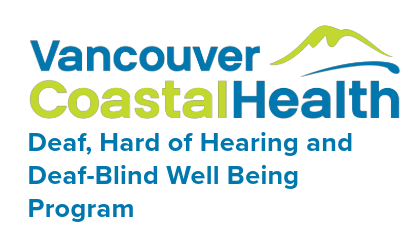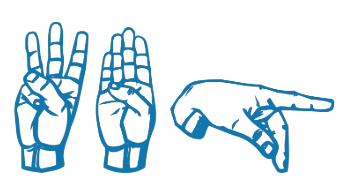Peer Support Workers (PSW)
Vancouver Coastal Health (VCH) operates the Well-Being Program. VCH has a neat service, the Peer Support Worker (PSW) Program! There are several mental health units under VCH, which includes the WBP, that participate in the Peer Support Worker training program.
These programs will send several people to participate in the training. Who does the WBP send? For example, WBP staff gets together to discuss successful clients who have recovered and recommend they take the training. Graduate PSW’s can get a contract to work with different WBP clients.
The Peer Support Workers are matched to the client, perhaps because of similar health or mental health issues.




